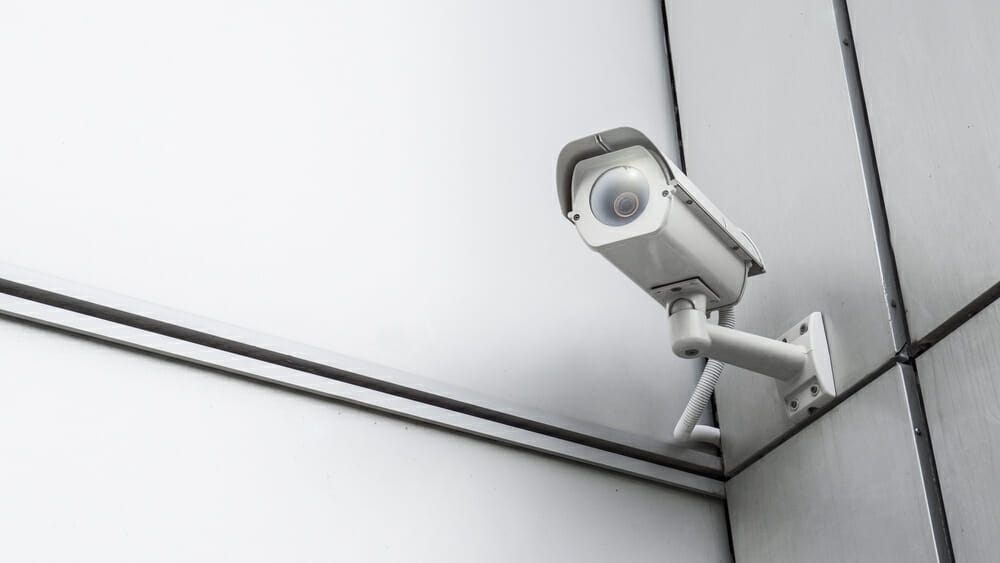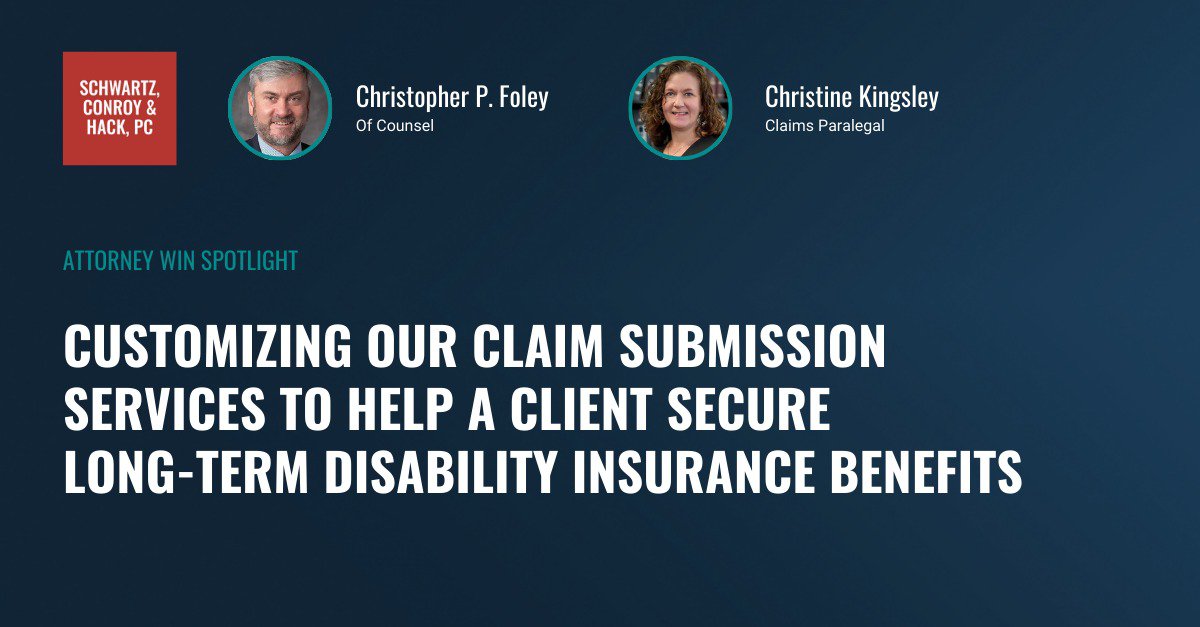{3:35 minutes to read} Surveillance occurs when an insurance company hires someone to follow you and videotape your activities in order to determine whether or not your representations to them were truthful.
If you have filed a claim for disability, you should expect to be surveilled, because more likely than not, it will happen.
When do insurance companies conduct surveillance?
Surveillance can be performed at any time throughout the duration of your claim (or lawsuit, if you are involved in a lawsuit with the insurance company).
There’s no way to know for certain if or when you will be surveilled, but here are a few key points to be aware of:
- Surveillance usually occurs in 3-day stints. Insurance companies generally consider this ample time to get a good sampling of your activities.
- Daylight hours are prime time for videotapers. Most people are in their homes at night; therefore, surveillance is more likely to occur during normal business hours.
- Some insurance companies conduct routine surveillance at the beginning of a claim. You could be surveilled shortly after they receive the initial information about your claim and the nature of your disability. They may also perform surveillance after they receive any new information about you.
- It can happen more than once. If your claim continues over an extended period of time, the insurance company can and probably will perform surveillance more than once. Also, if your benefit payments are high, they may have you surveilled more frequently.
- They are more likely to surveil when they know where you are. A prime time for the insurance company to begin surveillance is after they have sent you to be examined by one of their doctors, or after they meet with you to talk about your claim. These are two good times for surveillance to begin because they know exactly where you are.
Be vigilant and aware of anything out of the ordinary, such as:
- Strangers in your neighborhood;
- Someone who seems out of place; or
- An unfamiliar car parked outside your home.
Remember, it’s completely legal for them to surveil you. The person conducting the surveillance can not go onto private property, but if they’re on public property, they can videotape or follow you.
A final word of caution: Do not overextend yourself beyond what you should be doing. If you have a bad back and you know that if you bend over and pick up your child, you will spend the next three days in bed and in pain – don’t do it. If you do, and the insurance company gets it on video, a jury is going to see you doing something that you stated on a claim form you were not able to do, and they will never see the three days you spent in agony afterwards.

Evan S. Schwartz
Founder of Schwartz, Conroy & Hack
833-824-5350
[email protected]

